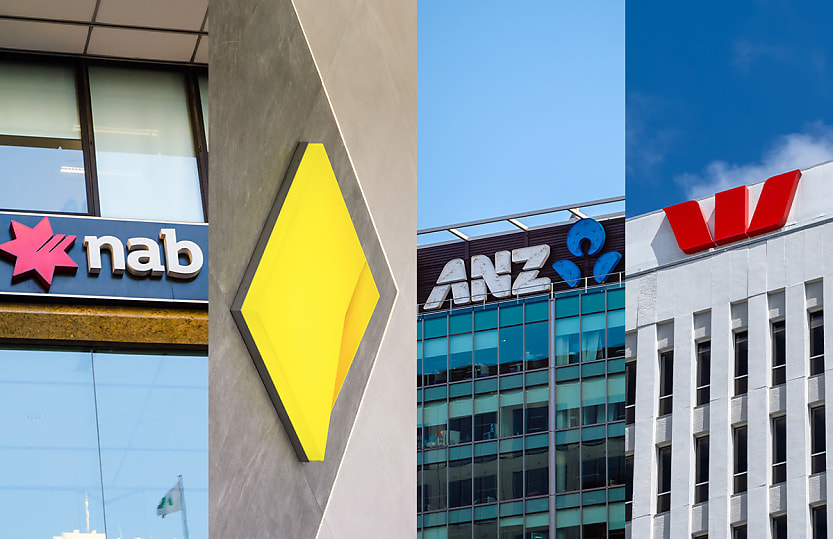SMEs ‘complacent’ with bank fees, data reveals

SMEs are being slapped with hidden bank fee expenses potentially costing them thousands, new research from Money Transfer Australia has suggested.
Research from Money Transfer Australia has revealed SMEs are overlooking the expense of bank fees despite higher prices, lower consumer spending and tightening profit margins.
It was found that 62 per cent of business owners have conducted their international trade through the big four banks this year even with the knowledge of higher exchange rate mark-ups and fees.
Money Transfer Australia said SMEs are still choosing the big four banks due to familiarity, as 31 per cent tend to stick with familiar brands.
With this choice, SMEs and larger businesses are spending hundreds more per transfer compared to what they would be spending with specialist money transfer providers.
The research was conducted from a survey of an independent panel of 200 Australian SME owners and decision makers.
The Australian dollar is currently the sixth most traded currency in the world, with foreign investment hitting $4.7 trillion in 2023 and international trade of goods jumping $537 million in June 2024.
Australia’s overall international trade is worth 48 per cent of its GDP, according to Money Transfer Australia.
Money Transfer Australia said for every $20,000 exchanged through the banks, businesses could be paying up to $850 extra when they could be paying just $100 through a non-bank money transfer provider.
Money Transfer Australia founder Alon Rajic said SME owners should be careful with extra costs they don’t need to spend in the current economy.
“In the volatile economy of the past few years, it makes good sense for businesses to identify where they could further cut costs,” Rajic said.
“In the current economy especially, it is understandable that business owners want to stick with a money transfer service they know and trust.”
“But what many people don’t understand is that some non-bank money transfer specialists have been in business for as long as 20 to 25 years and are ASIC authorised, well-established and reputable.”
Of the surveyed group, 62 per cent said they continue to do international bank transfers through the big banks, 14 per cent choose a smaller bank and 31 per cent say they use a range of banks.
The results also indicated that larger businesses tend to be more unaware of the fees they are spending through bank transactions than SMEs.
According to the results, 88 per cent of SMEs know how much they are paying in fees when they transact internationally and 89 per cent know how much they are paying in currency exchange mark-ups.
It was also found that 91 per cent of SME owners check the fees and mark-ups payable before they transact.
Money Transfer Australia asked survey participants why they conducted international trade through the banks to which 51 per cent said they trusted the banks and 31 per cent said they preferred to have access to people in Australia rather than a remote service.
Thirty per cent said they don’t like to switch service providers, 15 per cent said they get preferential rates with their bank, and 14 per cent said they like to do all banking with one company.
Rajic said though these are relevant answers, businesses need to be open to better, more cost-effective options.
“Being complacent about bank fees or fearful of change can cost a business,” he said.
“Specialist providers don’t charge extra fees and offer exchange rates well below the going mid-market rate. It pays to shop around.”
About the author

